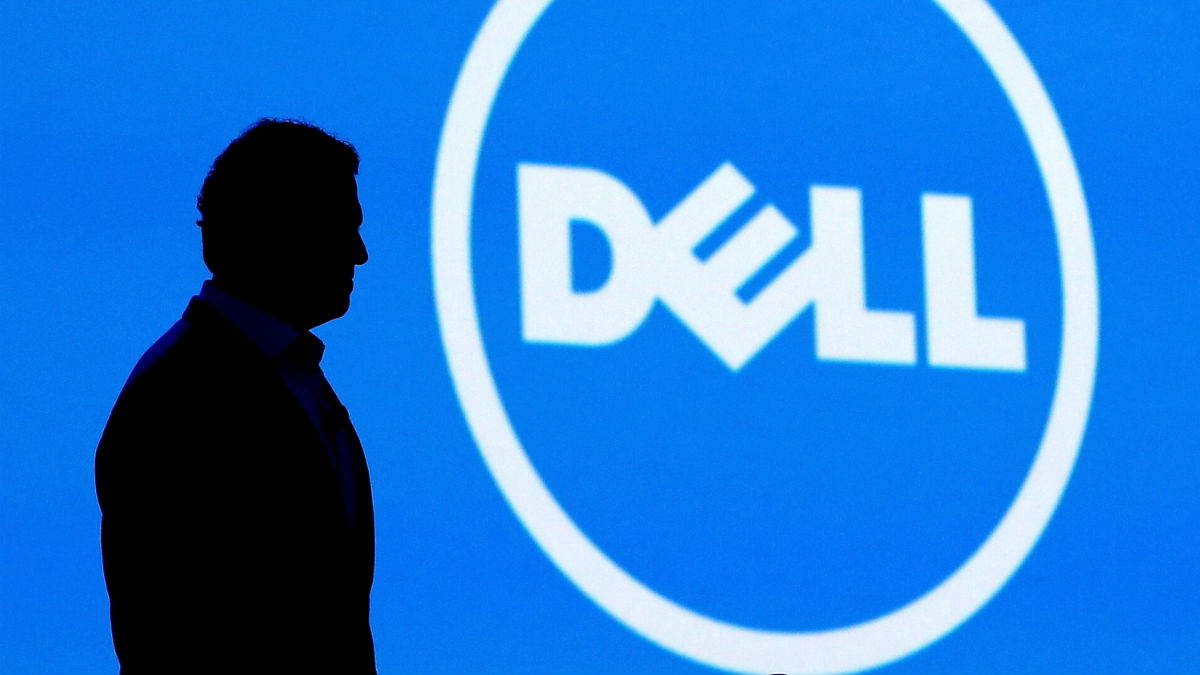Dell acquires EMC in biggest tech buyout in history
$67bn acquisition marks move away from flagging PC sector, but can Dell succeed in cut-throat IT services market?

A free daily email with the biggest news stories of the day – and the best features from TheWeek.com
You are now subscribed
Your newsletter sign-up was successful
Michael Dell, founder and CEO of Dell Computers, has announced the biggest deal in technology history after his privately-run PC maker agreed to acquire the data storage company EMC for an initial estimate of $67bn.
The deal comes just two years after Michael Dell took the company he founded private in a controversial £25bn buyout.
EMC shareholders will receive about $24.05 in cash, plus new shares tied to the value of its software subsidiary VMware. Dell will retain majority control of VMware, which will remain an independently traded listed company.
The Week
Escape your echo chamber. Get the facts behind the news, plus analysis from multiple perspectives.

Sign up for The Week's Free Newsletters
From our morning news briefing to a weekly Good News Newsletter, get the best of The Week delivered directly to your inbox.
From our morning news briefing to a weekly Good News Newsletter, get the best of The Week delivered directly to your inbox.
Based on the closing price of VMware stock on the last day before takeover talks were disclosed last week, the offer for EMC equated to a total value of around $33.15 a share, or $67bn. But a modest decline in the shares since then brought down the headline value of the deal to around $63bn when it was formally announced yesterday.
The acquisition comes amid a wave of consolidation among older tech companies as once high-growth groups have been forced to face the realities of a maturing industry, says the Financial Times. It adds that deal-making in the sector has reached its highest level since the dotcom bubble of the late 1990s, at around $370bn in value.
A combination of cheap financing and friendly capital markets are fuelling the buyouts. The EMC deal will be financed by MSD Partners, the private equity firm Silver Lake, Singapore's state investment company Tamasek, new common equity from Michael Dell and about $40bn in new debt provided by a consortium of banks.
The deal is a major step for Dell, moving it away from the flagging PC market into the potentially more lucrative (and wider) world of enterprise technology. But analysts are questioning how Dell will adapt its legacy hardware business to a market that's moving increasingly towards web-based services.
A free daily email with the biggest news stories of the day – and the best features from TheWeek.com
CNBC says there are four key issues. First there's the question of how to ensure a gargantuan company remains nimble, then there's the difficult task of responding to rapidly-changing customer habits and preferences.
Thirdly, there's the more run-of-the-mill challenge of managing a $45bn debt pile resulting from the acquisition – and finally Dell faces the problem of successfully "leveraging" the EMC sales force, considered to be "one of the strongest in the enterprise space".
-
 The environmental cost of GLP-1s
The environmental cost of GLP-1sThe explainer Producing the drugs is a dirty process
-
 Greenland’s capital becomes ground zero for the country’s diplomatic straits
Greenland’s capital becomes ground zero for the country’s diplomatic straitsIN THE SPOTLIGHT A flurry of new consular activity in Nuuk shows how important Greenland has become to Europeans’ anxiety about American imperialism
-
 ‘This is something that happens all too often’
‘This is something that happens all too often’Instant Opinion Opinion, comment and editorials of the day